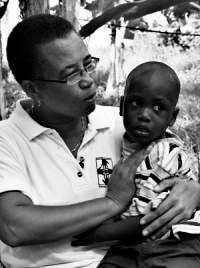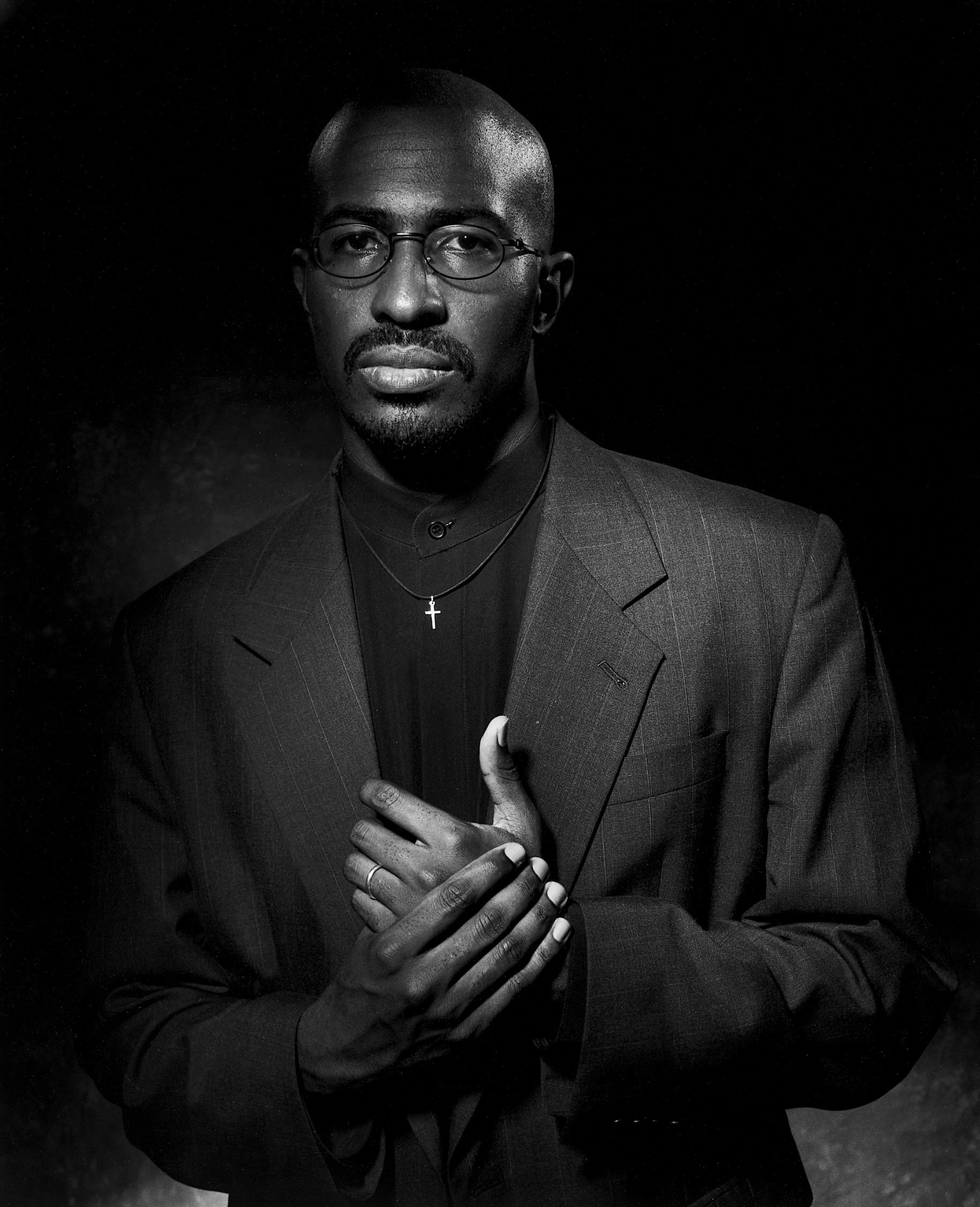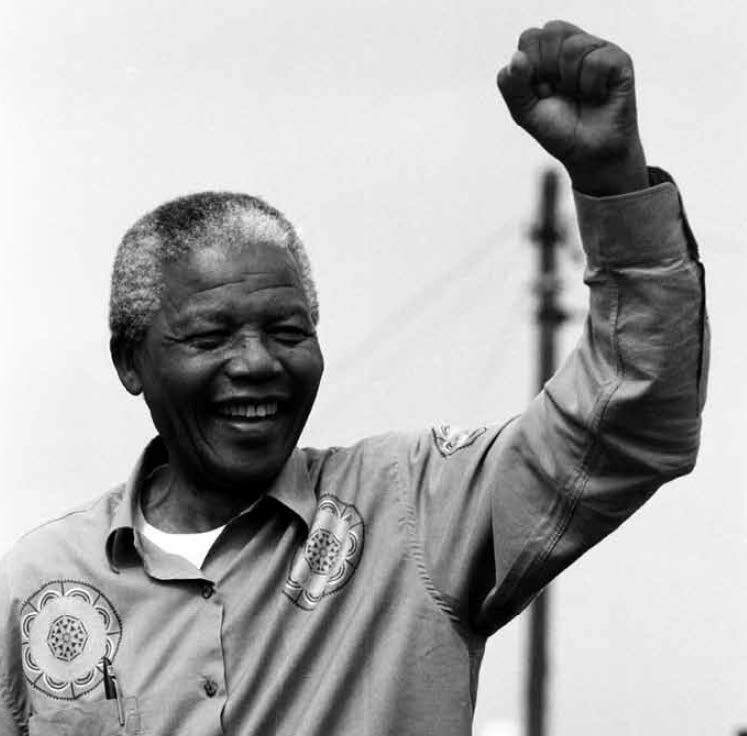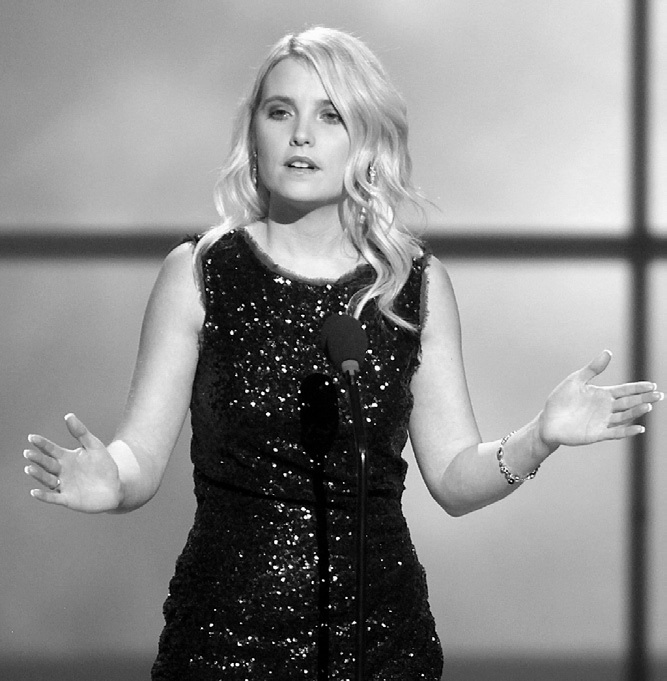People
-
Loune Viaud

Loune Viaud, Director of Operations and Strategic Planning at Zanmi Lasante (Partners in Health—Haiti), has worked with Robert F. Kennedy Human Rights since 2002, when she received the RFK Human Rights Award. Loune was recognized for her innovative human rights-based approach to establishing health care systems in Haiti. Loune was honored, not only for her
-
Librada Paz

Librada Paz defends the dignity of immigrant farmworkers in the United States. At the age of 15, she left her indigenous community in southern Mexico in search of an opportunity to improve life for her family. She eventually made her way to New York where she found work in the fields picking vegetables and fruits.
-
Kek Galabru

Born on October 4, 1942, Kek Galabru received her medical degree in France in 1968. She practiced medicine and conducted research in Phnom Penh from 1968 to 1971, and continued her work in Canada, Brazil, and Angola. In 1987–88 Galabru played a key role in opening negotiations between Hun Sen, president of the Cambodian Council
-
José Ramos-Horta

Jose Ramos-Horta is famous for his uncompromising and indefatigable work on behalf of the people of East Timor, who were brutally invaded by Indonesia in 1975. Muslim West Timor became part of Indonesia in 1946, while East Timor, settled in 1520 by the Portuguese with a different language, religion, and customs, remained a colony until
-
Marina Pisklakova-Parker

Marina Pisklakova-Parker is Russia’s leading women’s rights activist. She studied aeronautical engineering in Moscow, and while conducting research at the Russian Academy of Sciences, was startled to discover that family violence had reached epidemic proportions. Because of her efforts, Russian officials started tracking domestic abuse and estimated that, in a single year, close to 15,000
-
Van Jones

Van Jones is the founding director of the Ella Baker Center for Human Rights. Founded in 1996 and named for an unsung civil rights heroine, the Center challenges human rights abuses in the U.S. criminal justice system. A project of the Ella Baker Center, Bay Area Police Watch is committed to stopping police misconduct and
-
Nelson Mandela

Nelson Mandela is one of the world’s most revered statesmen, who led the struggle to replace the apartheid regime of South Africa with a multiracial democracy. Jailed for 27 years, he emerged to become the country’s first black President and to play a leading role in the drive for peace in other spheres of conflict.
-
John Lewis

One of the most courageous people the civil rights movement ever produced, U.S. Congressman John Lewis has dedicated his life to protecting human rights, securing civil liberties, and building what he described as “The Beloved Community” in America. The “conscience of the U.S. Congress” grew up as the son of sharecroppers. He was inspired by
-
Jody Williams

Jody Williams has dedicated her life to achieving a global ban on antipersonnel landmines, which still claim thousands of innocent lives every year. In 1992, she launched the International Campaign to Ban Landmines (ICBL), to end the production, trade, use and stockpiling of landmines, a weapon that has been in existence since the U.S. Civil
-
Jimmy Carter

Born in 1924 in Plains, Georgia, Jimmy Carter, the thirty-ninth president of the United States, studied science at the United States Naval Academy and helped develop the nuclear submarine. Eventually returning to Plains, where he became involved in community work, Carter became governor of Georgia in 1971. Carter was elected president of the United States
-
Erin Merryn

At age six, Erin experienced sexual abuse for the first time by a neighbor at a friend’s sleepover. Just a few weeks shy of her seventh birthday in 1992, Erin was raped by the same person. Threatened and scared, Erin went to bed every night crying, having nightmares, afraid to tell anyone what had happened
-
Mairead Corrigan Maguire

Mairead Corrigan Maguire was not actively involved with the Northern Ireland peace movement until she came face-to-face with violence in 1976. On August 10th, Danny Lennon and John Chillingworth of the Provisional Irish Republican Army (IRA), were driving through Belfast, with a rifle in their car. The IRA wanted to form a united Ireland through


Share